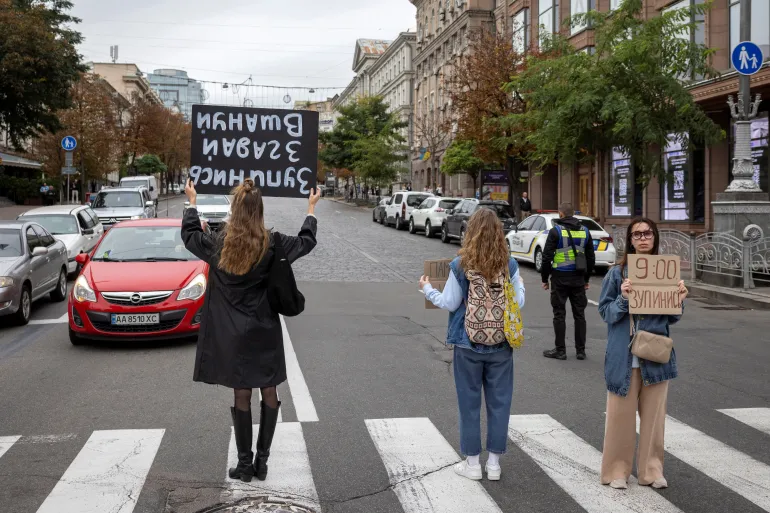Russia’s recent actions have raised alarms across Europe, as experts accuse Moscow of attempting to intimidate the continent beyond its ongoing war in Ukraine. Reports of airspace violations over Estonia and Germany, along with drone incursions into Poland, have intensified security concerns among NATO members.
Analysts suggest these provocations are part of a broader strategy to pressure European nations supporting Ukraine. NATO condemned the incidents, calling them “irresponsible” and reaffirming its commitment to defending member states under Article 5. Estonia responded by summoning the United Nations Security Council, presenting evidence of the alleged violations, while Russia denied the claims, accusing Estonia of escalating tensions.
Meanwhile, Ukrainian forces are gaining ground on the battlefield. Over 160 square kilometers have been reclaimed in the Donetsk region, including key towns, challenging Russia’s territorial ambitions and highlighting the shifting momentum in the war.
The timing of Russia’s threats appears strategic, aimed at weakening European unity and deterring support for Ukraine ahead of important international meetings, such as the United Nations General Assembly. European leaders continue to condemn Moscow’s provocations and emphasize solidarity in the face of external threats.
As tensions escalate, Europe faces the challenge of supporting Ukraine while safeguarding regional security. Ongoing diplomatic and military developments will determine whether these provocations lead to stronger cooperation among NATO members or further instability.


